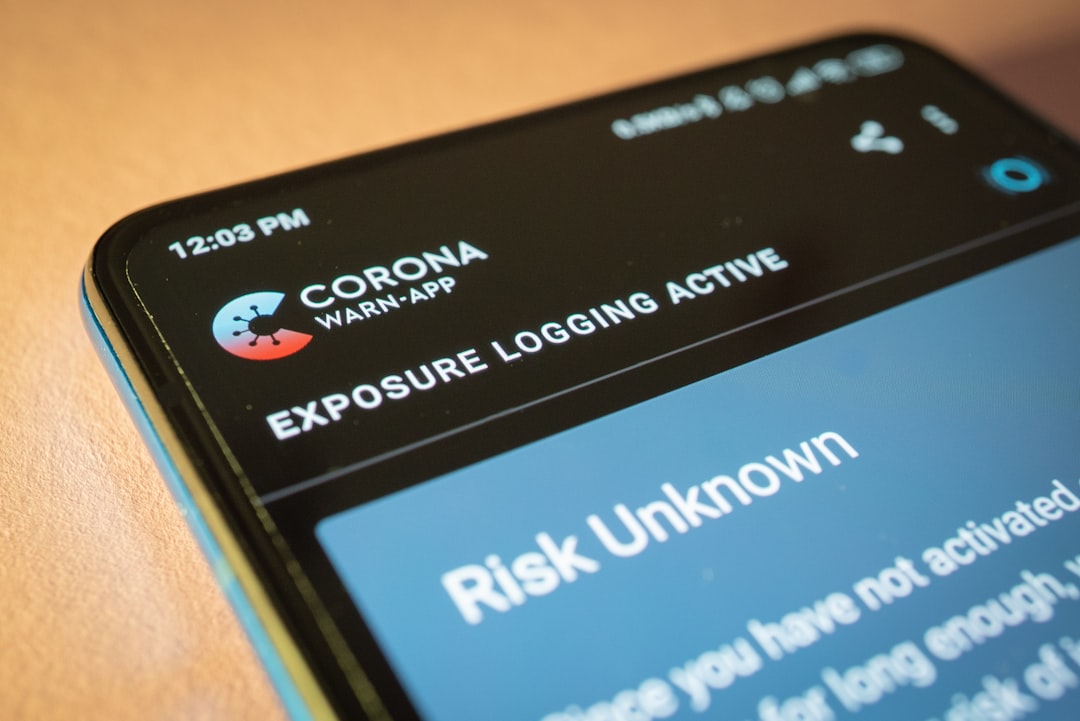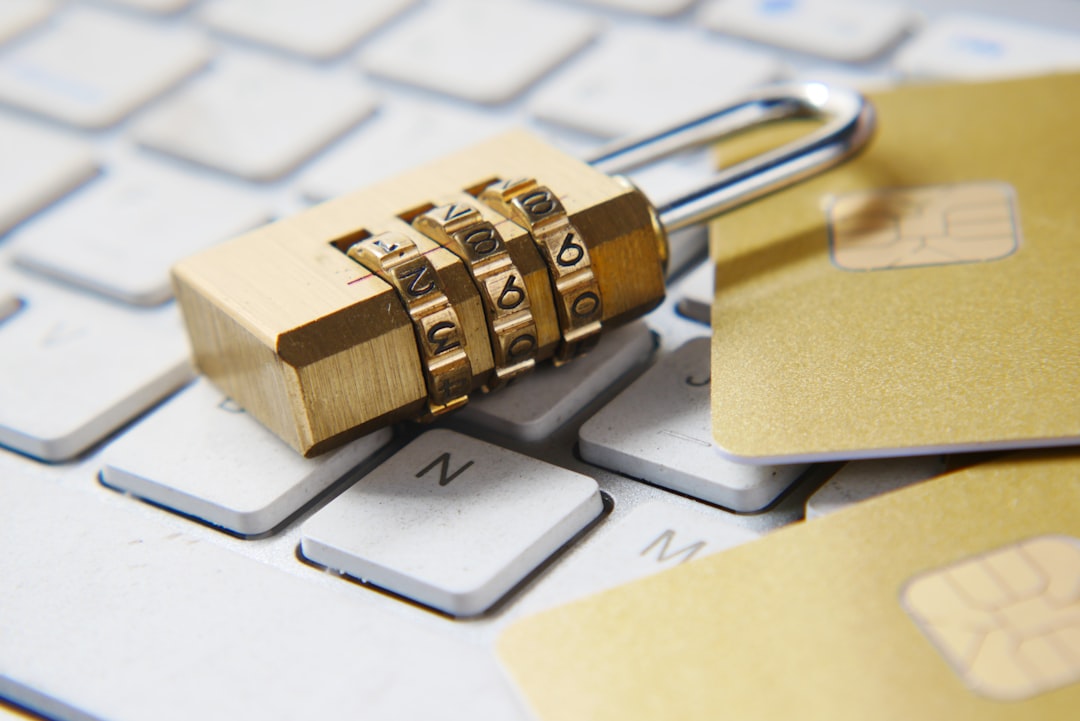In an era where data breaches are becoming increasingly common, protecting your online identity and personal information has never been more critical—especially in the United States, where regulations around digital privacy can vary considerably. VPNs (Virtual Private Networks) are often seen as a strong line of defense. However, not all VPNs offer the same level of protection. There is one feature that stands out above the rest—and it could be the difference between staying safe and falling victim to a cyberattack.
The Kill Switch: A Crucial Layer of Defense
The feature that could safeguard your data during a risky moment is called a Kill Switch. While many are familiar with general VPN functions like IP masking and encryption, the Kill Switch is a less discussed yet vital element in ensuring persistent protection. The Kill Switch continuously monitors your VPN connection and instantly cuts off your device’s internet access if the VPN disconnects unexpectedly. This prevents any data from being sent over an unsecured connection, closing a critical window of vulnerability.

Why Is This Important in the U.S.?
In the United States, where ISPs are legally allowed to collect and even sell user browsing data, the Kill Switch plays a crucial role. VPNs help neutralize ISP data collection, but if the VPN ever drops—even for a second—your activity becomes instantly visible. Without a Kill Switch,
- Your real IP address can be exposed.
- Any ongoing downloads or uploads could reveal personal information.
- Your immediate browser activity becomes traceable.
The Kill Switch acts as a “fail-safe,” preserving your data privacy by ensuring nothing leaks outside the encrypted VPN tunnel, even during a sudden drop in connection.
Real World Scenarios Where a Kill Switch Could Save You
Let’s consider some practical examples:
- Public Wi-Fi Vulnerabilities: You’re using free Wi-Fi at an airport or café. If your VPN connection is lost for any reason, the unsecured network would become your default route—unless the Kill Switch activates, cutting off access and blocking malicious actors from exploiting the moment.
- Remote Work Security: Many Americans work remotely and access sensitive work-related resources online. A lost VPN connection without a Kill Switch could inadvertently expose customer records, internal documents, or other proprietary information.
- Streaming and Geo-Restriction Workarounds: Even while accessing platforms legally, a dropped VPN could violate terms of service if it reveals your actual location. Consistent protection ensures privacy and compliance.

Choosing a VPN with an Effective Kill Switch
Not all Kill Switches are created equal. Some only work on specific platforms (like Windows, but not macOS), while others require manual activation. Here’s what you should look for:
- System-Wide Coverage: Ensures the Kill Switch works across all your devices and apps, not just the browser.
- Automatic Activation: The feature should turn on automatically—not one you need to remember to enable each time.
- Custom Configuration Options: Some VPNs allow advanced users to set custom rules for traffic blocking, ideal for power users.
Examples of reputable VPNs offering solid Kill Switch functionality include NordVPN, ExpressVPN, and ProtonVPN, all known for their commitment to privacy and user protection.
Understanding the Bigger Picture
Cyberattacks, identity theft, and aggressive data collection practices have made U.S. internet users increasingly vulnerable. The FBI reported over 800,000 cybercrime complaints in 2022 alone, with losses estimated at over $10 billion. VPNs offer a strong line of defense, but without an enabled Kill Switch, that armor has a glaring weakness.
When assessing your cybersecurity strategy, treating your VPN as a one-size-fits-all solution can be a costly mistake. Take the time to ensure that the VPN you use has a reliable, fast-responding Kill Switch functionality. It’s not just a feature—it’s a non-negotiable layer of protection.

Final Thoughts
Cybersecurity is no longer optional, and in a country with high connectivity and relatively low digital privacy protections, taking every possible measure is essential. The VPN Kill Switch could be your best invisible ally—the silent sentinel that guards your data in the moments you might not even know you’re exposed.
Before you connect to your next coffee shop Wi-Fi or access sensitive files from home, ask yourself: Does your VPN have a Kill Switch? If not, your private information could be just one dropped connection away from public exposure.
